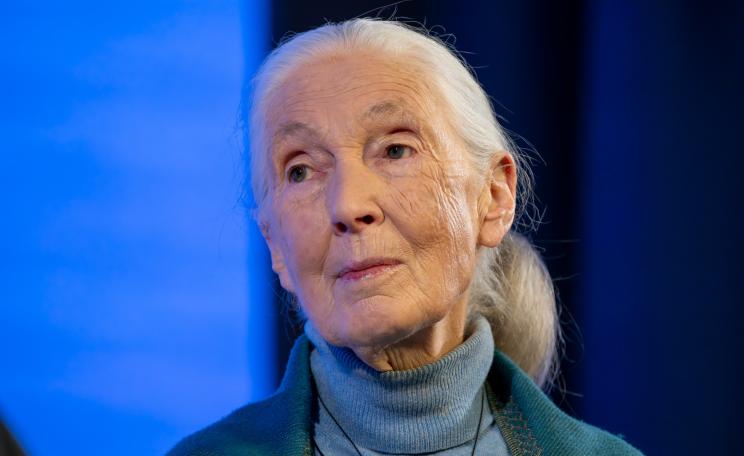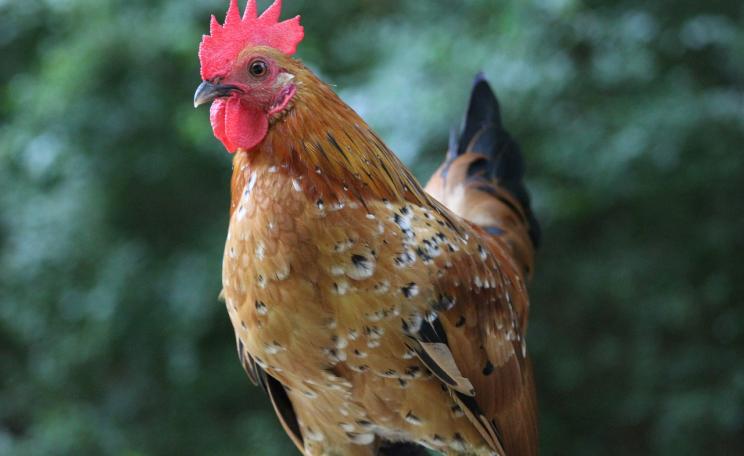Increasingly, scientists are able to look very specifically for a climate change signal in extreme events, and to do so very rapidly. This report shows that increasingly, they’re finding that specific events are made more likely or more damaging by climate change
Studies published since the Paris Agreement was agreed two years ago are increasingly linking climate change to extreme weather events around the world, a new report shows.
Since the conclusion of the UN climate summit in Paris on 12 December 2015, scientists have published at least 59 research papers on the attribution of specific weather events to climate change. Of these, 41 conclude that climate change has increased the risks of a given type of extreme event, reveals analysis by the Energy and Climate Intelligence Unit (ECIU).
The report comes a day before world leaders assemble again in Paris for a climate summit called by French President Emmanuel Macron, focussing on the economics of climate change.
Extreme rainfall
Richard Black, ECIU Director and the report’s author, said that understanding of the connections between climate change and extreme weather events is evolving rapidly. “Just a few years ago it was hard to say more about any storm, drought or heatwave than it was ‘consistent with what science predicts’,” he said.
“Increasingly, scientists are able to look very specifically for a climate change signal in extreme events, and to do so very rapidly. This report shows that increasingly, they’re finding that specific events are made more likely or more damaging by climate change.”
Dr Friederike Otto, Deputy Director of the Environmental Change Institute at Oxford University, said that the rapid evolution of event attribution science is generating increasingly useful knowledge for policymakers.
“We’re now finding that for many kinds of extreme weather event, especially heatwaves and extreme rainfall, we can be quite confident about the effect of climate change,” she said.
“Whether policymakers are looking at local issues such as flood protection or involved in the global climate change negotiations, the more information they have about climate change impacts now and in the future, the better decisions they’re able to make. This ECIU report shows just how quickly knowledge is accumulating, and I think it’s only going to accelerate.”
Economic damage
The weather events studied encompass episodes of extreme heat, drought, flooding and wildfire outbreaks, and concern every continent except Antarctica. They span 32 recent individual events for which the risks have increased due to climate change, with others focussing on the long-term trend for increasing risks.
Of the 41, Some detect an increase in frequency, others an increase in intensity or duration, or link a particular impact to climate change, or a combination of these effects. By contrast, only four of the 59 studies concluded that climate change has decreased the risk of particular extreme events.
A small proportion of the individual extreme weather events analysed in these studies have a quantified cost in terms of lives lost or economic damage. From these, the report deduced that in this small set of events, climate change has caused about 4,000 deaths and about $8bn worth of economic damage. But the report cautions that these numbers cannot be treated as the “cost of climate change”.
The Right Reverend Nicholas Holtam, Bishop of Salisbury, the Church of England's lead on environmental affairs, said: “Speaking to my fellow Anglican bishops from around the world, I have heard first-hand about the devastating impact extreme weather events can have.
"The poorest people are often the most vulnerable to climatic changes, meaning that this Christmas, hundreds of millions of people worldwide are feeling the effects of hunger as droughts have wiped out crops or higher sea levels poison land with salt.
“As the link between extreme weather and climate change becomes ever clearer, it also becomes more evident that tackling the problem is not only vital to protect the environment on which we all rely, it is also a clear issue of social justice. We can – we must – address the challenge of climate change not just for ourselves, but also for the poorest people, the most vulnerable and for future generations.”
This Author
Jack Alexander is a regular contributor to The Ecologist. The report, Heavy Weather: Tracking the fingerprints of climate change, two years after the Paris summit, is available here.






